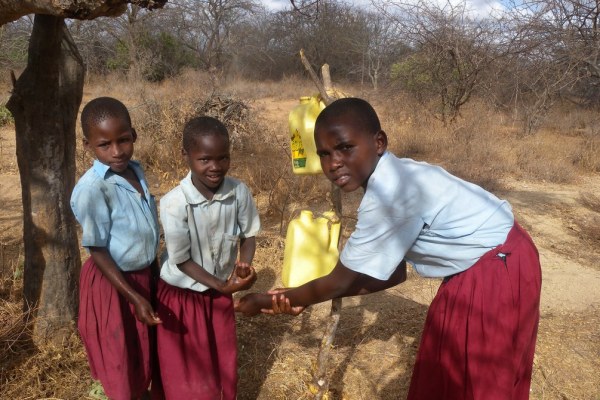BY ERNA SOLBERG, GRACA MACHEL
In 1990, the Italian World Cup was played to the sound of Luciano Pavarotti’s Nessun Dorma. In that same year, 12.6 million under-fives died from largely preventable diseases, and 104 million children of primary school age were out of school.
Just six World Cups later, the millennium development goals (MDGs) have inspired dramatic progress for women and children. There are now six million fewer children dying before their fifth birthday each year and the number out of school has reduced by almost half.
This proves that when we set our mind to a particular task we can make a real difference. As the world prepares to adopt a new development agenda, we must now ensure that no child or women is left behind.
The ongoing threats to girls need special attention. The selective abortion of girls continues at alarming levels.
In childhood and adolescence, too many girls are undernourished, stunted, denied education and forced into early marriages. This creates a gender disparity that threatens to undermine stability in future generations and must be addressed by policymakers.
Every year, 14 million girls are married before they turn 18. This crisis is not limited to any one country, culture or religion. Child marriage often comes with the expectation that girls become mothers before their bodies have fully developed, which increases their likelihood of complications.
According to the World Health Organisation (WHO), 289,000 mothers die every year due to complications at birth. Many of these mothers are young girls who have consistently had their rights and dignity violated. At least 200 million women and adolescents are unable to access sexual and reproductive health services that would allow them to control when they have children and to space or limit their families.
Nelson Mandela said: “Education is the most powerful weapon you can use to change the world”. We must break down the walls that prevent all girls from receiving quality education.
As their brothers depart for school, girls are often forced to stay home to work and care for their families, or otherwise schooling is simply too expensive. Insecurity travelling to school, a shortage of female teachers and the lack of separate toilets also prevents girls from staying in school.
We know that if girls stay in school, their opportunities in life are dramatically expanded. According to UNICEF, for every year a girl is in primary school education her future earnings increase by 10 to 20pc. Girls with access to education not only vastly improve their own lives, but also bring positive change to their families, communities, economies and societies.
Educated girls have children later and smaller families overall. They are less likely to die during pregnancy or birth, and their offspring are more likely to survive past the age of five and go on to thrive at school and in life. Women who have attended school are better equipped to protect themselves and their children from malnutrition, deadly diseases, trafficking and sexual exploitation.
It is not just girls, though – we must educate our boys and young men to respect girls and women. If we do not address systemic discrimination, we will perpetuate a cycle of patriarchy that inhibits girls and undermines human rights and inequality. Breaking patriarchal structures and enabling girls to go to school multiplies their economic choices and increases their voice and influence in society.
With only 14 months remaining until the MDGs deadline, we must accelerate efforts to save lives and enable all girls to go to school. Special attention must be given to the poorest and most marginalised. This will lay the best foundation for setting a truly transformative new set of goals and improve the chance of reaching them by 2030.
To make a fair world for women and children, we must ensure that the goals, which will be set by September 2015, are both ambitious and achievable and that all governments and partners are held to account for their successes and failures.
Because no one country, institution or business can singlehandedly solve what are truly global problems, there is simply no alternative – we must work together.
We must stay focused on providing health and education to all, by the time the 2030 World Cup kicks off, we can ensure that every child gets the best start to life – on a level playing field.
Erna Solberg Is Prime Minister of Norway and Co-Chair of the United Nations Secretary-General’s Mdg Advocates Group. Graca Machel Is the Founder of the Graca Machel Trust and Member of the UN Secretary-General’s Mdg Advocates Group.



